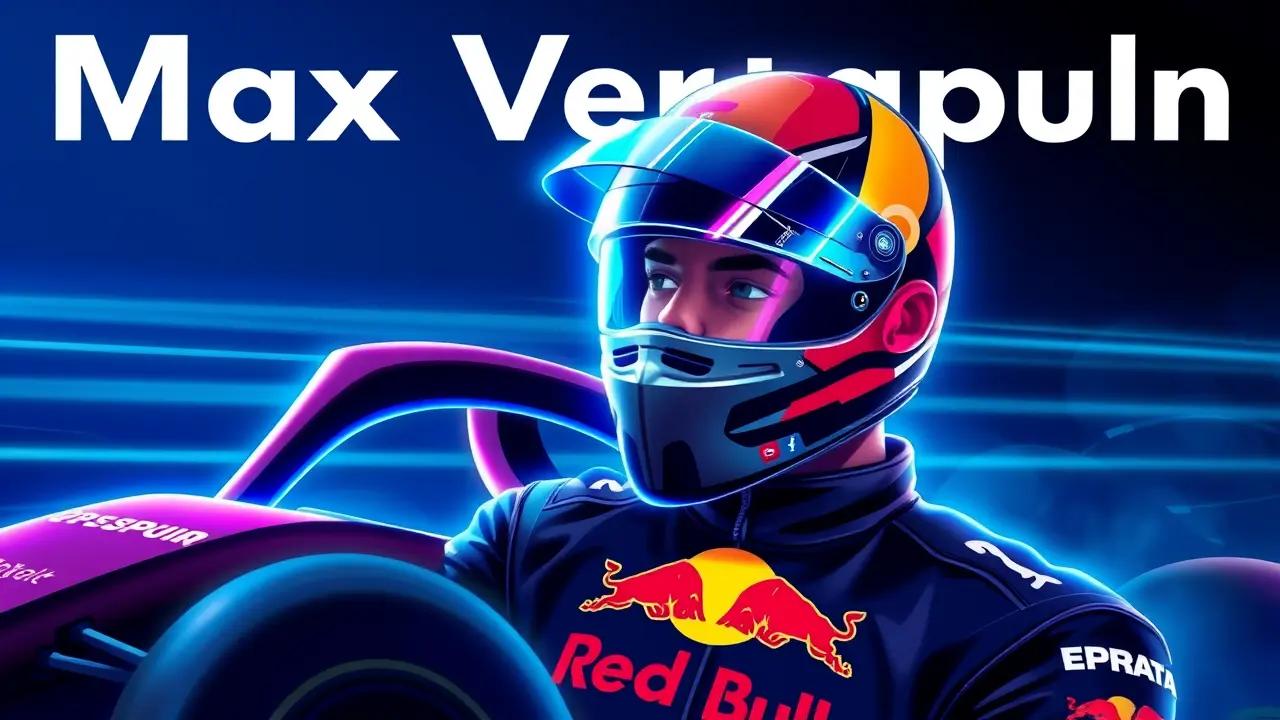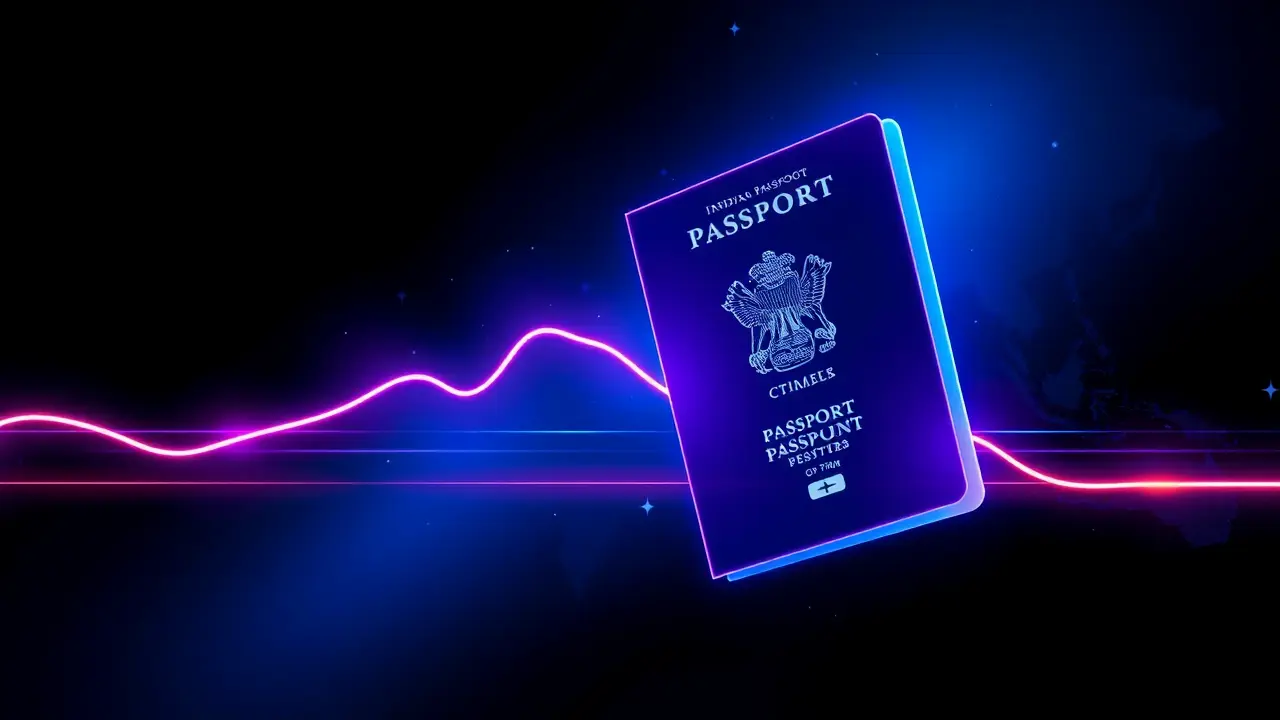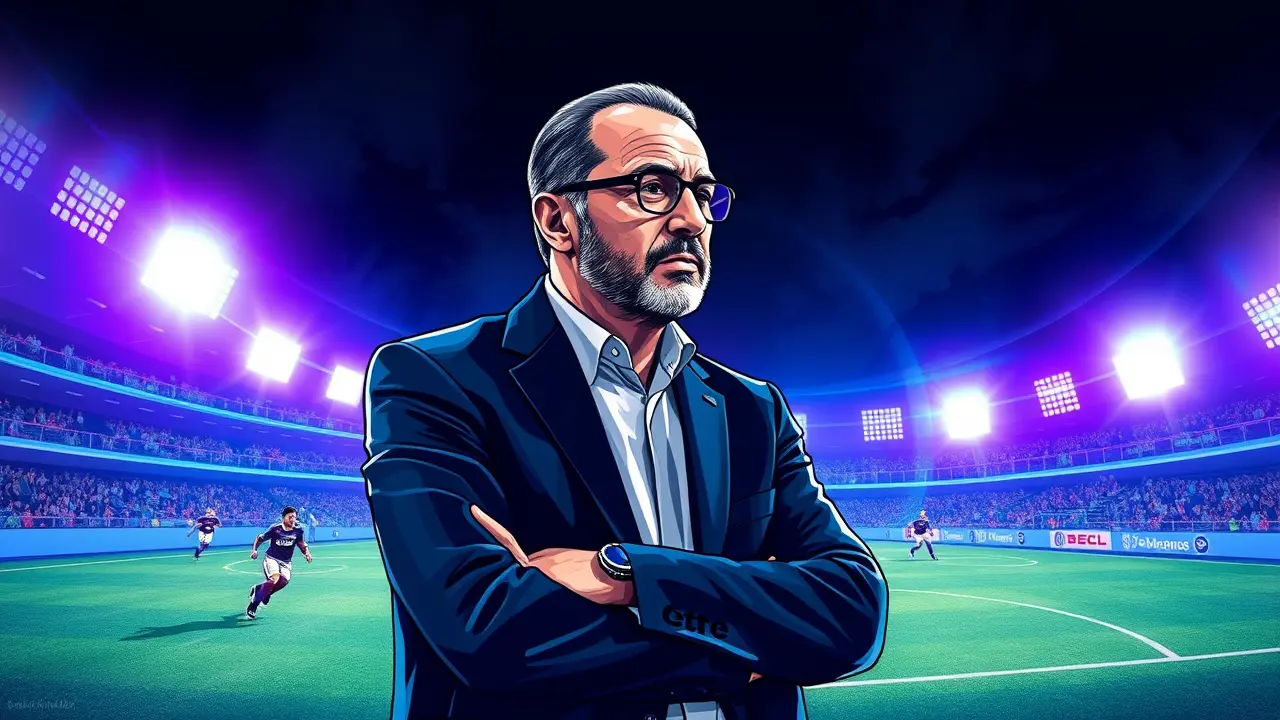
SportathleticsDoping Cases
Dutch volleyball player denied Australian visa over child rape conviction.
EM
Emma Wilson
7 days ago7 min read5 comments
The stark, bureaucratic language of an Australian visa denial rarely sends shockwaves through the international sporting community, but the case of Dutch volleyball player Steven van de Velde has shattered that norm, revealing a chilling narrative that pits athletic redemption against the unyielding gravity of a heinous crime. In 2016, a court in the Netherlands convicted van de Velde, then a promising 21-year-old athlete, for the rape of a 12-year-old British girl, a crime that involved him flying to the UK after establishing contact with her online.The details, as laid out in court documents, are profoundly disturbing: a calculated exploitation of a child, an abuse of trust, and a sentence that, to many, felt staggeringly brief at just four years, with his early release for good behavior doing little to soothe public outrage. Now, as he was poised to represent the Netherlands in the upcoming beach volleyball season, with potential Olympic qualification on the line, the Australian Department of Home Affairs has drawn an unequivocal line.Their decision, while not explicitly detailed publicly, falls squarely under character provisions that can deny entry to individuals with substantial criminal records, particularly those involving sexual offenses against children. This is not merely an administrative hurdle; it is a profound statement on the limits of second chances and the enduring consequences of one's actions, especially when they inflict irreparable harm on the most vulnerable.The global sports world often operates as a bubble, a realm where exceptional talent can sometimes appear to gloss over profound moral failings, creating a tension between an athlete's right to rehabilitate and a society's right to protect itself and uphold its values. Australia, with its notoriously strict biosecurity and border controls, has a long history of enforcing these principles without fear or favor, having previously barred celebrities and athletes for past convictions.For the Dutch volleyball federation, this presents a devastating logistical and ethical quandary, forcing them to confront the shadow a single player casts over an entire team's aspirations and the sport's reputation. Meanwhile, victim advocacy groups have hailed the decision as a necessary and just affirmation that some actions must have permanent repercussions, that competing on a world stage is a privilege, not a right, and that the well-being of a child, even years after the fact, must remain the paramount consideration.This case forces a uncomfortable but essential public conversation about redemption, accountability, and the very soul of sport, asking whether the pursuit of a medal can ever truly be separated from the profound harm one has caused. As the sun sets on van de Velde's Australian ambitions, the echoes of this decision will undoubtedly reverberate through international sporting bodies, prompting a necessary and overdue scrutiny of how they vet athletes and what values they ultimately choose to champion on the global stage.
#lead focus news
#Steven van de Velde
#visa denial
#convicted child rapist
#volleyball
#Australia
#crime
#sports ethics
Stay Informed. Act Smarter.
Get weekly highlights, major headlines, and expert insights — then put your knowledge to work in our live prediction markets.
Related News
© 2025 Outpoll Service LTD. All rights reserved.













